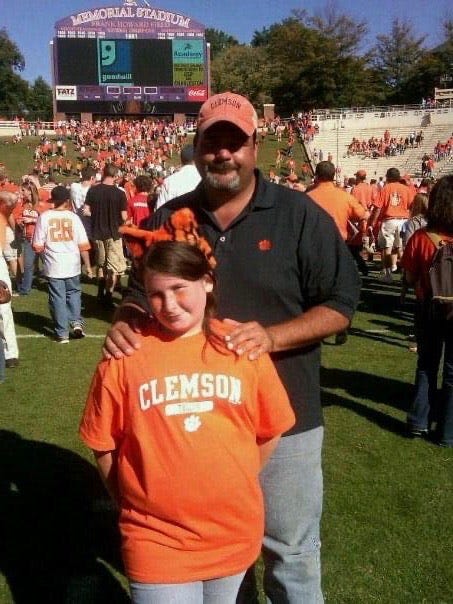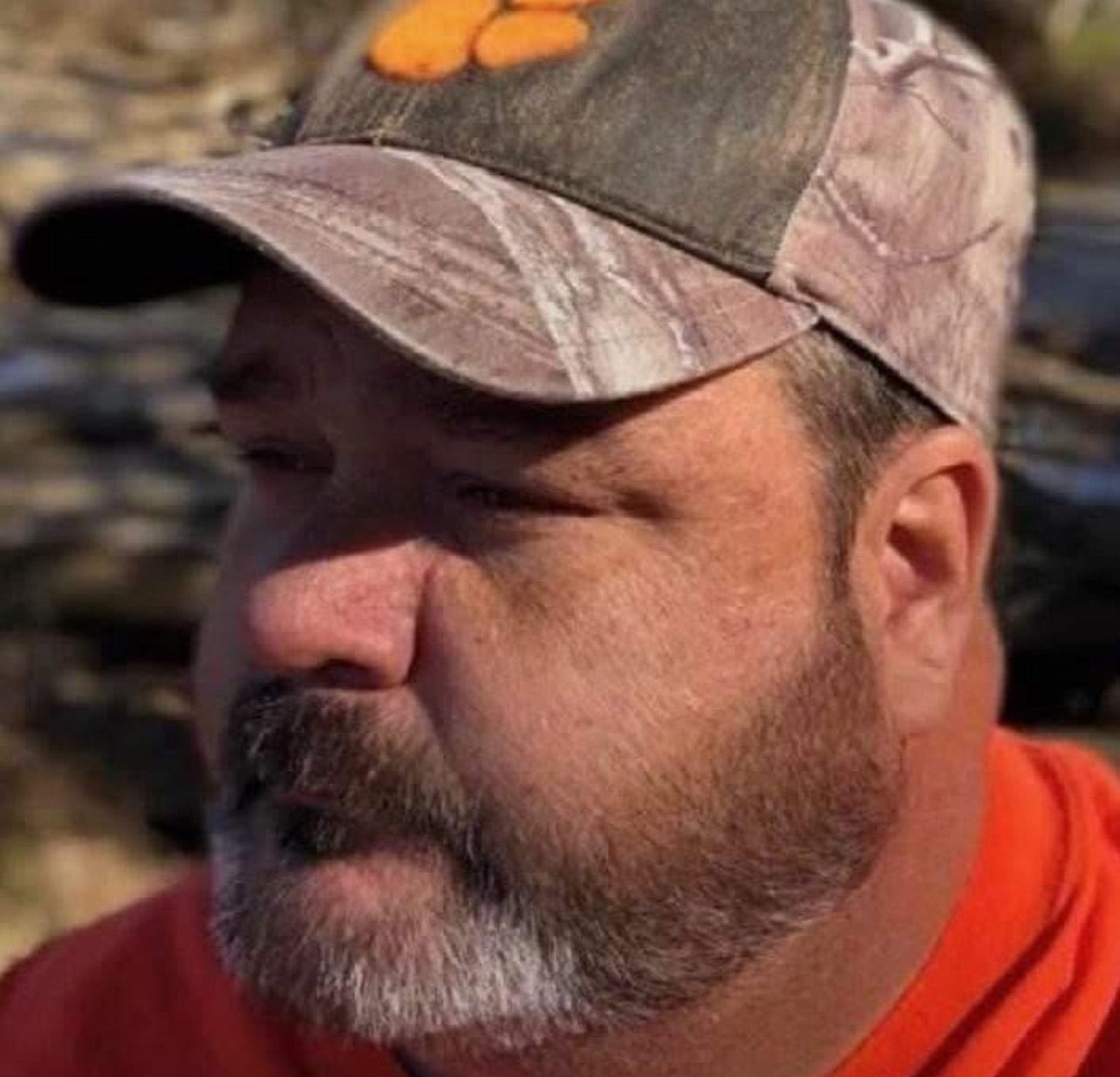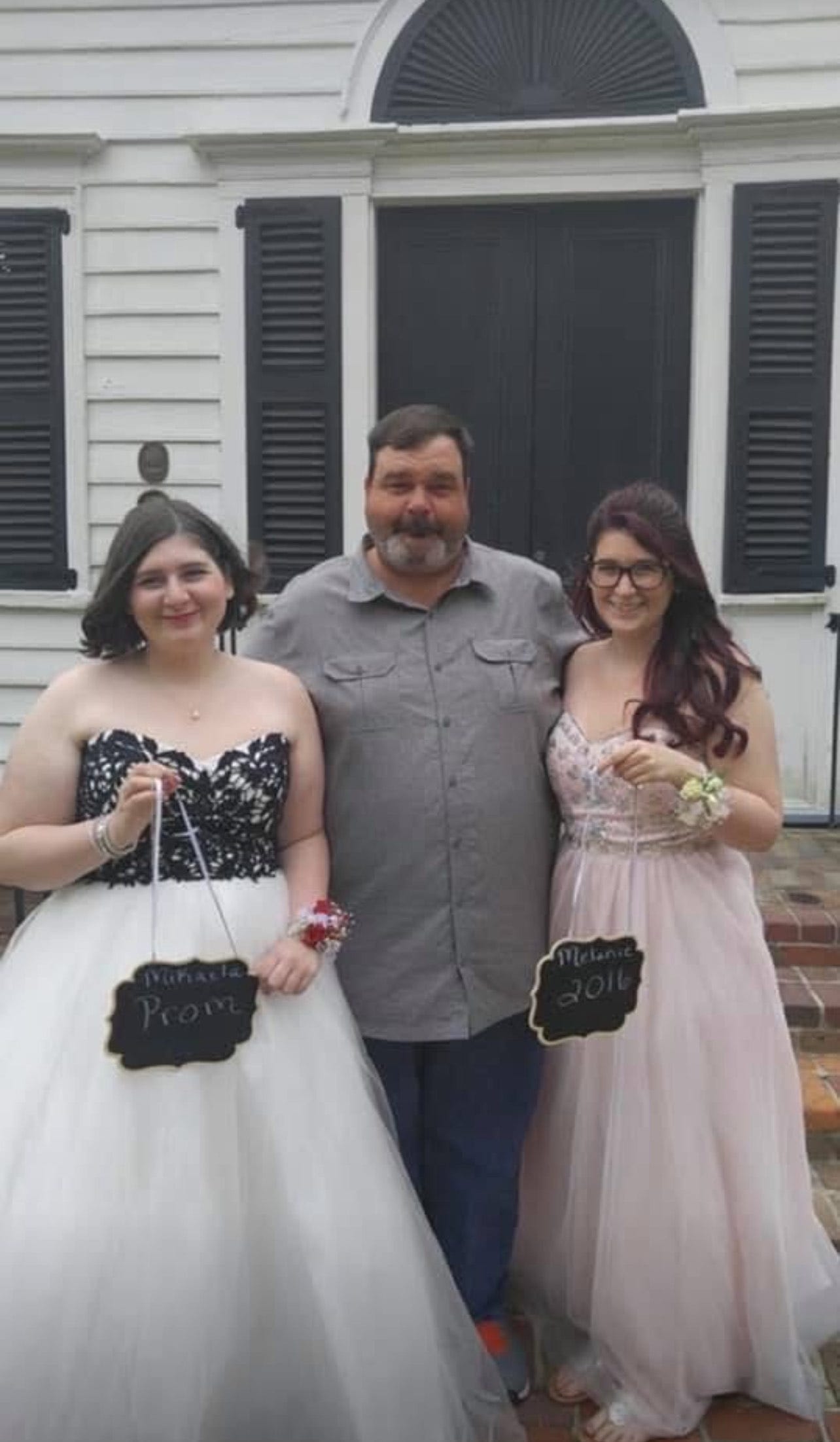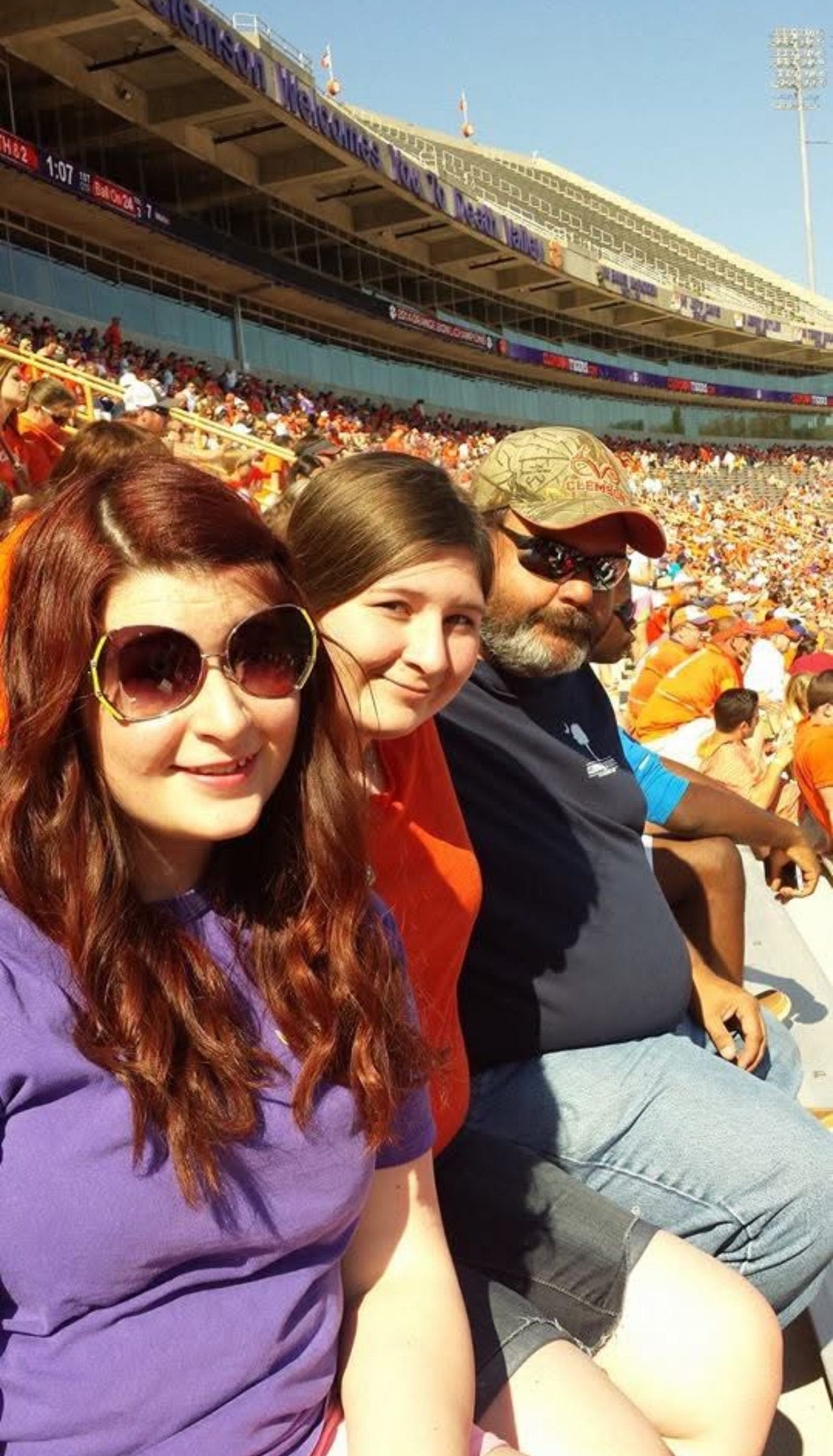Delighted to host Mikaela Way today, student at the University of South Carolina Upstate. Mikaela shared a version of this in May with our SC WGS consortium during a workshop using Relational Uprising’s theoretical framework led by Dr. c. dominguez with assistance from Dr. Kris De Welde. This tribute to her father and her reflection on how our society fails men left me in tears.
Two years ago, I lost my father to liver failure caused by alcoholism.
That sentence still feels heavy. He was an alcoholic all my life. He was given his first drink at 10 by his own sister and it was a downhill slide after that. When he died, I felt a complicated mix of grief, anger, guilt, and sadly, a bit of relief.
But the moment he passed, something shifted. I realized how deeply I wanted people to see addiction differently. Not as weakness. Not as failure. But as pain that never got listened to.
That loss didn’t just hurt—it lit a fire in me.
Today, I’m studying psychology and Women’s and Gender Studies, and I’m working toward becoming an addiction counselor. And it’s not just about helping people heal—it's about changing the way we see them. Because if my father had been seen with more care, more compassion, more understanding… maybe things would’ve turned out differently.
One of the most important values I carry now is compassionate accountability. I believe people should be held accountable for their actions—but with care. With context. With humanity.
WGS helped me put words to things I’d always felt but didn’t know how to name. I learned about structural trauma, stigma, and the ways certain bodies and lives get written off. I began to see addiction not as an isolated personal issue but as part of a larger web of inequality, silence, and generational pain.
In class, we talk a lot about care work—who does it, who’s denied it, and how it’s devalued. I started to understand that my own story was tied to bigger systems. My father didn’t just fail—he was failed, over and over again. By the healthcare system, by stigma, by generational silence.
My father was raised in a world where men didn’t cry, didn’t talk about their pain, didn’t ask for help. Toxic masculinity taught him to keep everything in, to power through, to be strong even when he was breaking. He was hurting in silence for years, and I watched that silence kill him slowly.
But he also wasn’t just a victim of that culture. He was a complex man. His values and mine were wildly different. He didn’t believe in climate change. He was deeply conservative. We argued about politics and social justice constantly. Sometimes I wondered how we could be so different and still be family.
But he supported me. Fiercely.
I’ll never forget the climate rally my sister and I attended in Charleston in high school. It was right after Trump was elected. My dad didn’t believe in what we were protesting for—but he took the whole day off work, walked the entire rally with us, and Facebook-lived the whole thing with tears in his eyes.
That day, I saw something in him, and I think he saw something in me too. He was proud of me, even when he didn’t agree with me. He believed I could be a force for change—even if that change scared him.
That moment stuck with me.
When he passed, I realized I wasn’t just grieving my dad—I was also grieving everything he never got to heal. Everything he never got to say. All the pain he never had the language to share.
And it gave me this deep, burning clarity: I don’t want anyone to suffer in silence like that.
That’s what drives me. I’m studying psychology and Women’s and Gender Studies because I want to understand addiction at its roots—especially in marginalized communities where stigma, poverty, racism, and shame make recovery even harder.
I want to fight for compassionate accountability. I want to be the kind of counselor who sees the whole person—not just the diagnosis or the criminal record or the addiction.
WGS has given me a lens to see how systems—capitalism, patriarchy, white supremacy—show up in people’s bodies, in their trauma, in their coping mechanisms. It’s not just about individual choices. It’s about histories. It’s about harm.
In this program, I’ve been able to turn pain into purpose. I’ve been able to take what I survived and use it to imagine something better.
My father didn’t always understand me, but he always believed in me. And I carry that with me in everything I do.
I want to become what he saw that day at the rally—someone who fights for what they believe in. Someone who stands up, even when it's hard. A powerful advocate. A voice for people who’ve been silenced.
This Father’s Day, I’m thinking of the man I lost and all the things he never got to heal. I’m not writing this not in spite of my grief, but because of it. Because I wish he had been given a softer world. So now I fight and educate myself so that someone else can live in that softer world one day. So someone else’s child won’t have to grieve what never got said, never got fixed, and never got heard.






